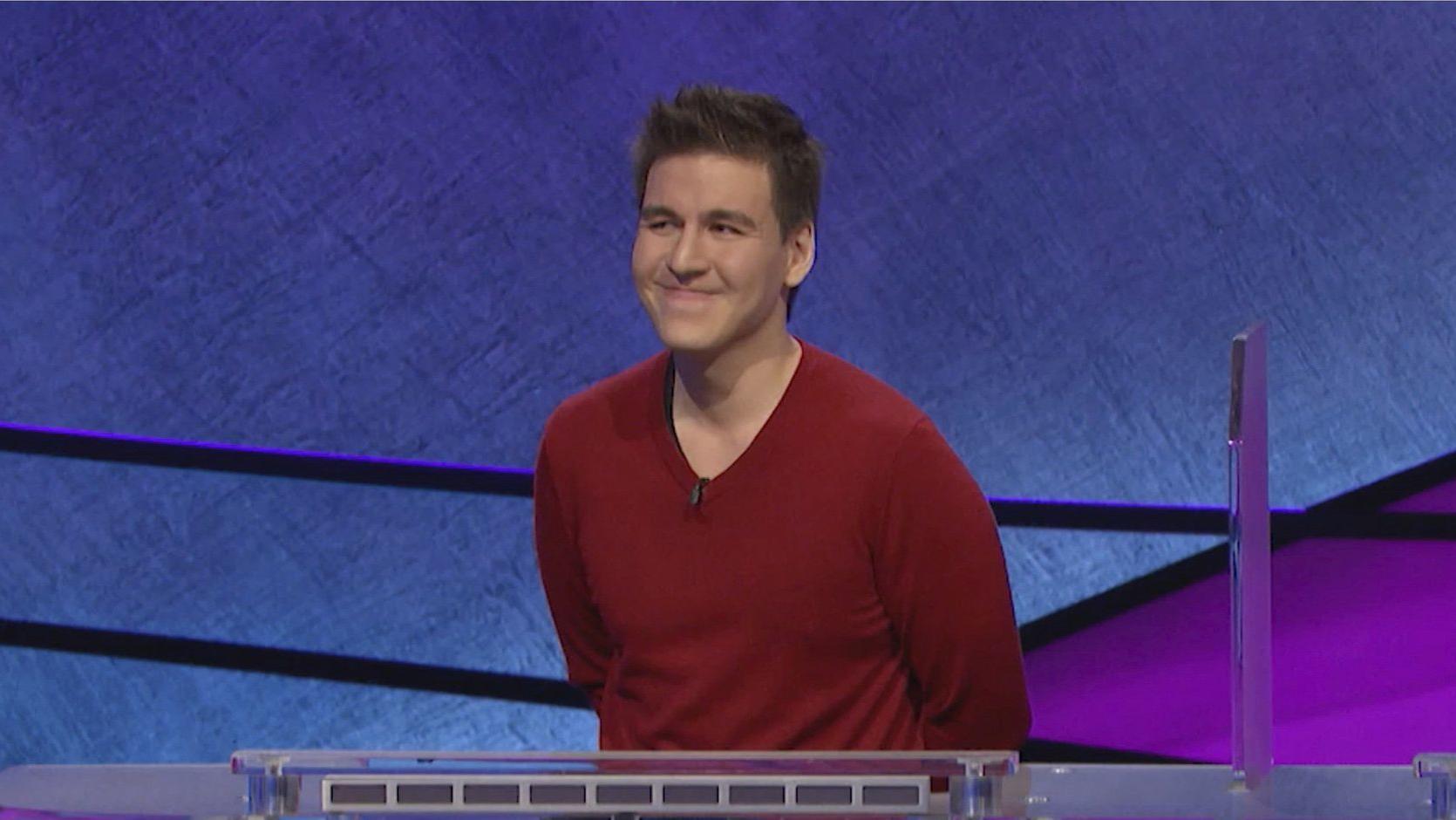Learn about brain health and nootropics to boost brain function
Want to be a ‘Jeopardy!’ champ like James Holzhauer? You can train for it like he did, but the right type of brain helps, too

James Holzhauer will have the “Jeopardy!” buzzer back in his hand Monday as he tries to break more records now that the two-week long Teachers Tournament has wrapped up.
The 34-year-old Naperville native so far has won $1,691,008 in the 22 games he’s played this season. That’s more than twice the $737,760 “Jeopardy!” champion Ken Jennings earned in his first 22 games on his way to winning $2,520,700 over 74 games.
No compatible source was found for this media.
Those who have aspirations of competing on “Jeopardy!” and achieving similar results to Holzhauer are going to need more than knowledge to contend successfully.
Clinical psychologist Dr. Randy Summerville said understanding why people like Holzhauer perform so well on a game show like “Jeopardy!” is very complex.
Individuals who excel on quiz shows tend to be people with well-developed linear knowledge, which often makes them good at math, Summerville said.
Holzhauer was a mathematics prodigy who could calculate multiple digits in his head as a preschooler at the Avery Coonley School in Downers Grove.
What people often refer to as a photographic memory also helps.
“They are good at taking information in and good at taking information out,” said Summerville, a clinical director of ARCC Neuropsychology and affiliated with Linden Oaks Behavioral Health in Naperville.
While linear thinkers have is the aptitude to recall, he said, they are typically averse to risk.
That is not the case with Holzhauer, who is a professional sports gambler living in Las Vegas. That gives him an advantage over the challengers.
The definition of risk, however, is relative, Summerville said. Someone who is wealthy is more likely to wager $100,000 than someone who has a minimum-wage job.
The psychologist suggests that through years of gambling professionally, Holzhauer is able to calculate the risks he takes based on statistical information he’s gathered.
By removing the emotional component, a decision such as wagering on a Daily Double is more analytical so the risk can be greater, he said.
What Summerville finds intriguing is how Holzhauer is “able to recognize his strengths and weaknesses and learned to apply it to ‘Jeopardy!’”
Just having a vast knowledge of trivia and the ability to take risk aren’t enough to compete on a higher level. A contestant also must be quick on the trigger and recall the information quickly and accurately.
Such skills are part nature and part nurture, Summerville said.
Trivia competitions that have become popular in recent years — online apps, local pub trivia nights, national and international trivia competitions and quiz bowls — have given people like Holzhauer, who have a natural ability to retain knowledge, a plethora of opportunities to practice their skills.
At the 2014 Trivia Conferences of North America, or TCONA, in Las Vegas, Holzhauer challenged his abilities when he went up against Jeopardy!” champ Brad Rutter, who is at the top of the all-time winnings list with $4,688,436 (when regular play and tournaments are include).
Holzhauer and Rutter competed in a 2-on-2 game of Kno’dgeball, a combination of a quiz game and dodgeball. Players earn points for both answering questions and hitting their opponent with a ball.
In the game, Holzhauer was paired with Pam Mueller, who won the 2000 “Jeopardy” College Championship as a student at Loyola University Chicago and competed in an all-stars tournament.
“I don’t actually remember why I signed up to play Kno’dgeball. Probably I thought it just sounded fun,” Holzhauer said in an email.
The pairing with Mueller was coincidental, Holzhauer said. “I had never met Pam prior to being assigned to her team,” he said.
G. Paul Bailey, who founded numerous trivia and quiz organizations, said TCONA and the current Trivia Nationals – scheduled for Aug. 8 to 11 at the Tropicana in Las Vegas – are training grounds for people who want to get on a television game show.
“The thing you can’t simulate is the stress,” Bailey said. “Games like Kno’dgeball help simulate the stress you might feel on ‘Jeopardy!’ or some other show.”
Trivial Nationals give casual trivia buffs the chance to see how they would fare against notables like Rutter and Mueller, he said.
One popular game is 5 x 5, a fast-paced, quiz show-style trivia game in which five players compete to answer five questions in each of five categories, Bailey said.
While in style it shares similarities with “Jeopardy!”, 5 x 5 is challenging because five players are competing instead of three, he said.
Like on the television game show, players are not allowed to buzz in until the host finishes reading the question so time is critical, he said. Players who buzz in too soon are locked out for a fraction of a second.
Players like the game, Bailey said, because they receive analytics on their buzzer use to help them learn how to be quicker on the draw, which in turn can improve their play on “Jeopardy!” or in quiz bowl.
What makes trivia fun, he said, is how it “sparks humor or wow.”
“You can ask a question in a room of 100 people, and two people know it cold,” he said. “Everyone else will be asking how they possibly knew that.”
Click here to view full article